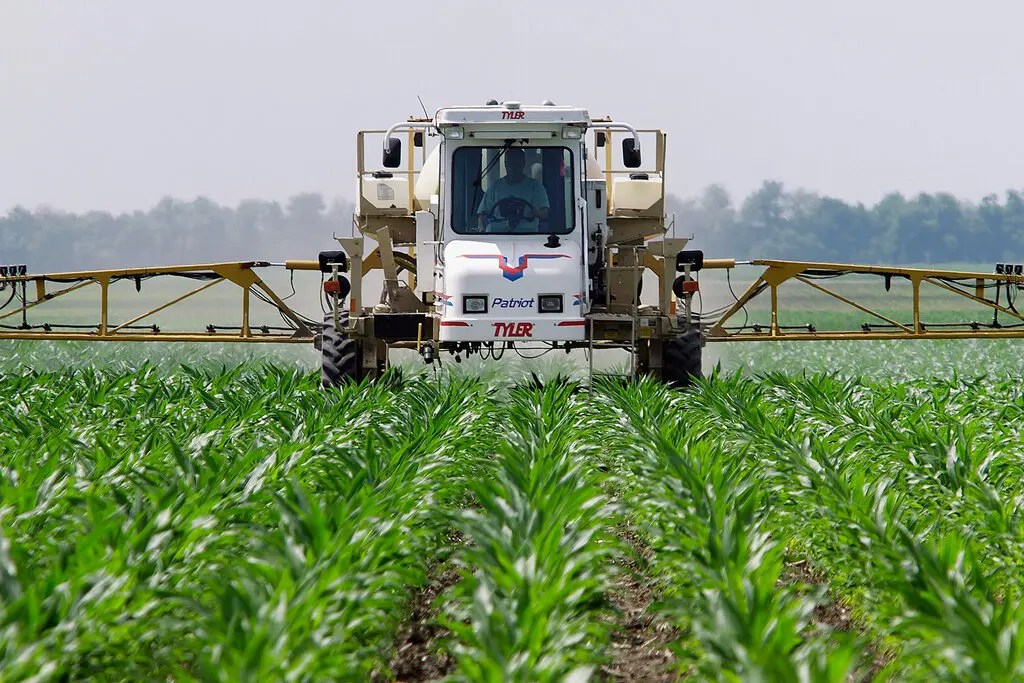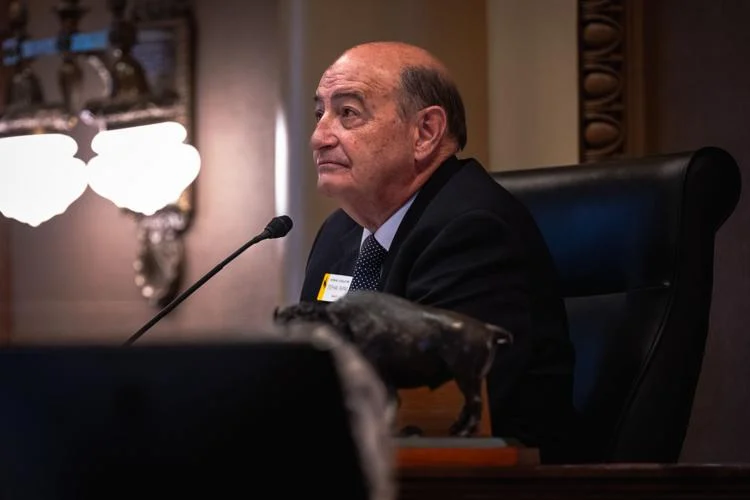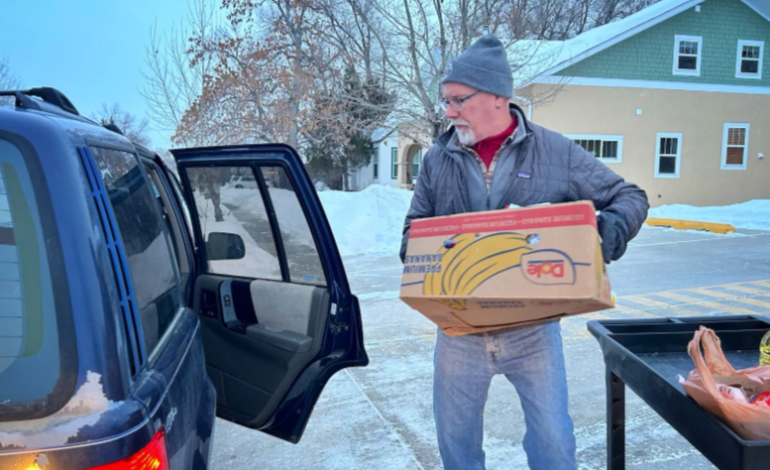On February 12, the Wyoming House of Representatives defeated House Bill 341, which aimed to participate in the USDA Summer Electronic Benefit Transfer (EBT) program, known as SUN Bucks, Oil City News reports.
The bill was voted down 25-34, with the primary purpose of the bill being to provide food assistance to income-qualified children during the summer months, when school lunch programs are unavailable.
The SUN Bucks program would have provided debit cards loaded with $120 per student — $40 per month — to eligible families. These funds could be used to purchase a variety of grocery items, including fruits, vegetables, meat, dairy, cereals, snacks, and non-alcoholic drinks. The bill was introduced by Rep. Lloyd Larsen (R-Lander), who emphasized that 20% of children in Wyoming currently face food insecurity. Larsen argued that the program would have been an effective tool in helping to reduce child hunger in the state, citing the success of similar initiatives in other areas.
The bill had the backing of notable figures such as First Lady Jennie Gordon, as well as the Northern Arapaho Business Council and the American Heart Association. In addition, Department of Family Services Director Korin Schmidt testified that the program could bring $3.8 million in federal funding directly to Wyoming communities.
Gordon also pointed out that 35,000 children in Wyoming, or 42% of students, are already enrolled in free or reduced-price school meals, showing a substantial need for continued support. She further emphasized that while there are some existing summer food programs, they may be inaccessible to children living in rural areas. Gordon voiced her concerns about the closure of mobile food pantries in various counties, further underlining the state’s ongoing challenges with food insecurity.
Despite these endorsements, the bill faced strong opposition. Members of the Wyoming Freedom Caucus, particularly Chairwoman Rachel Rodriguez-Williams (R-Cody), raised concerns about the potential for increased state dependency. Rodriguez-Williams referred to feedback from other states implementing similar programs, arguing that it could lead to expanded school meal eligibility and further state reliance.
Another point of contention was the types of foods eligible for purchase under the program. While Larsen acknowledged that some of the benefits could be spent on less nutritious options, such as sugary snacks and drinks, he defended the program by highlighting that a significant portion of the funds would go toward essential food items like meats and vegetables. Larsen argued that while the program isn’t perfect, it is still a more effective solution compared to current alternatives.
The proposal would have placed administration of the SUN Bucks program under the jurisdiction of the Wyoming Department of Family Services (DFS), creating three temporary positions to help manage it. The bill also included a provision to relieve the state of responsibility should the federal program be discontinued.
Wyoming has opted out of similar federal programs in the past, with Superintendent of Public Instruction Megan Degenfelder criticizing such initiatives as “welfare programs.” Despite this, nationally, 37 states have joined the SUN Bucks program, with neighboring states like Montana, Utah, Colorado, and Nebraska already participating.
With this vote, Wyoming lawmakers have once again chosen not to join the SUN Bucks program. However, advocates for the initiative, including First Lady Jennie Gordon, have signaled that the issue of food insecurity in the state will remain a priority moving forward.








